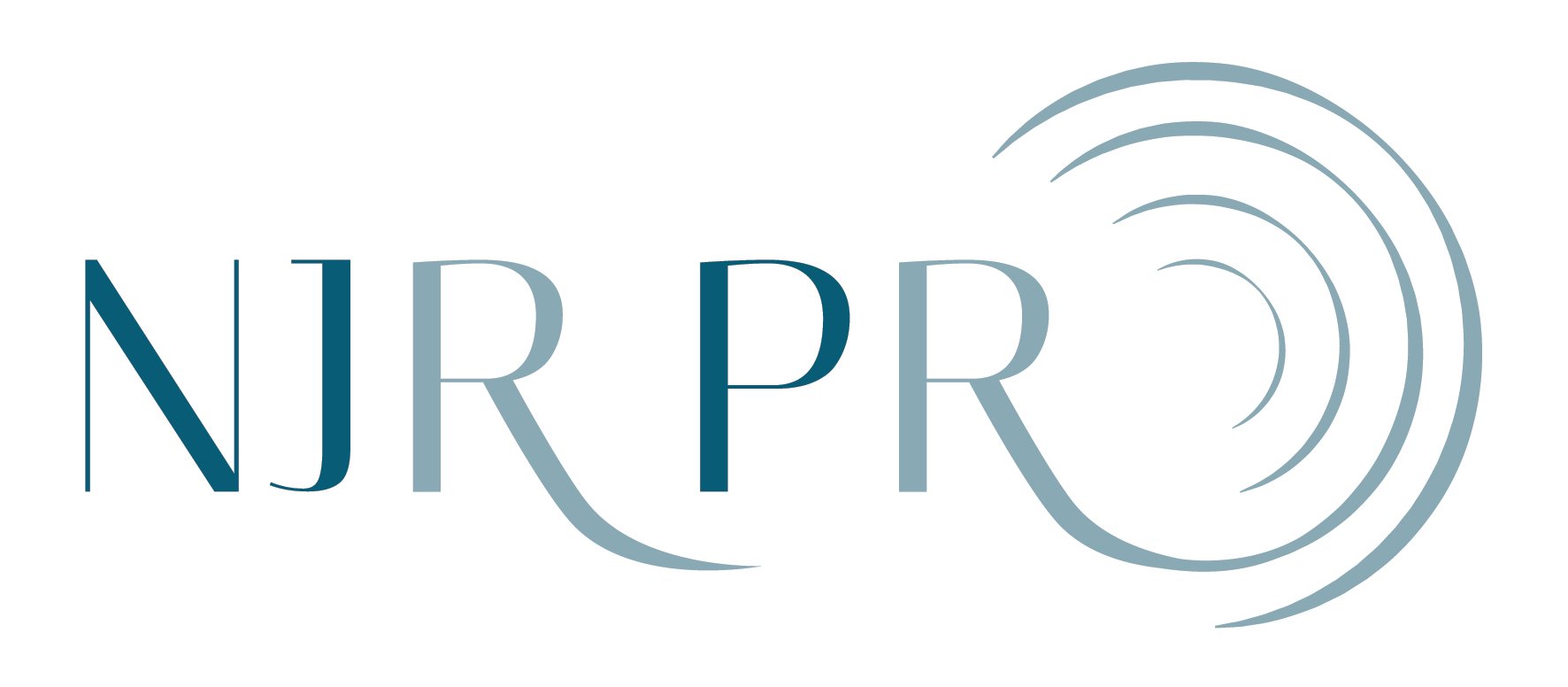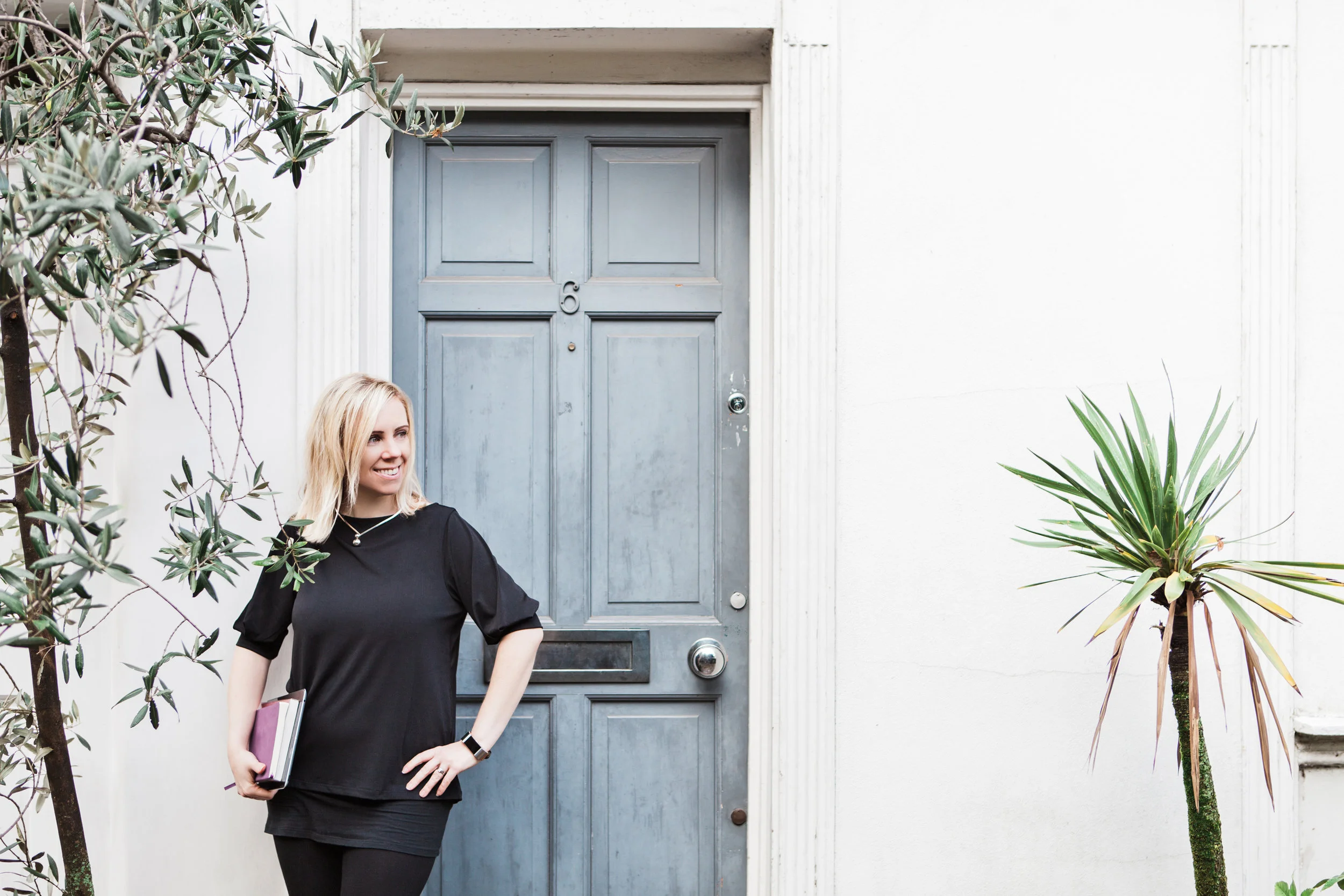Why Knowing Your Key Messaging Can Be A Game Changer
Now that your website has been designed and you’re looking to become more visible, it’s worth taking a moment to think about your key messaging.
Why? Because knowing what you want to get across, means that every contact that a potential customer has with you, will have a consistent look and feel. It’s also really helpful ahead of any media interviews.
Think beforehand about what you want to achieve with every media opportunity you’re presented with. It’s not enough to just say, ‘look I’ve been featured in this title’ if your piece doesn’t actually spell out what you do and preferably also have a link either to your website or a lead magnet that you’re looking to promote.
I’ve seen it so many times where entrepreneurs secure media, but because they don’t have any expert guidance, they can become unstuck and disappointed with how things turn out. They didn’t realise that they can ask for a read-through or ring back to hear what is going into any printed feature, or that they can take notes along to a radio station ahead of an interview there. Sometimes, even when they have had a call back so they’re told what’s going into a feature, because they didn’t know their key messages, they have failed to mention what their business really does and who it’s aimed at.
Say for example you’re a florist aiming at luxury clients, the last thing you should be doing is looking to just get yourself any media in any publications, because that’s not where your ideal client will be hanging out.
Think about the synergy of your brand and the publications that will resonate most with your audience. Then, if you secure an interview and you’re asked a question about what you do or how you first started your business, you can weave in your messaging. A good example of this would be:
Journalist - “Tell me about what you do and why”
Florist - “I started my floristry business and quickly called it Belles and Blooms because I knew that it would appeal to my ideal customers in the luxury bridal market. My passion is all about flowers and how they can transform someone’s special occasion to enhance the experience that both they and their guests have. Seeing happy reactions from my clients, really drives me on to deliver even better results.”
Hopefully the above will show you how knowing what your key messages are beforehand, will really help in any interview. These days the majority of interviews are often completed over the phone so you can have your key messages written out in front of you. The same applies if you have a radio interview either down the line (this means you could be in a remote studio using an ISDN link) or in a studio face to face with a presenter. No one will mind if you have your three or four key prompts on a piece of paper in front of you.
The one example where this won’t work is if you’re completing a television interview. In this instance, I would suggest memorising the key points that you have to get across - and weaving them into your answers.
A word of warrning on all of this, is please don’t over-plug your business.
At the time it might feel great, but you’re unlikely to be asked back again if you do. And too many mentions of what you do will put the viewers/readers off. It should be subtle but meaningful to your target audience and those you’re trying to reach.
If you’re ever fortunate enough to be interviewed on the BBC, either local radio or otherwise, they will always insist that there is no more than one mention of why you’re there. They can’t be seen to endorse what you have to say and it’s worth knowing there are strict guidelines in place for other broadcasters when it comes to undue prominence too.
As you come to write your key messages, always have in mind what you would like the outcome of the interview to be. Usually it will be to raise awareness for your business and what you do. A very short and concise sentence will suffice.
Best of luck with it all!
Nicola x

